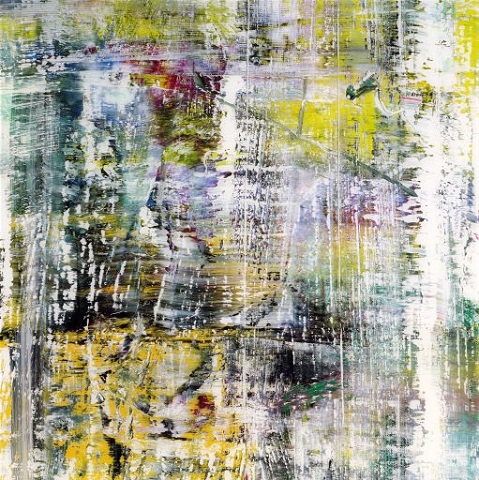By Gunnar Bantz, Zeitschrift der Strasse
At the start of our chat, Ronny takes me on a short tour of the station area – to “show me a few places”, as he puts it. Behind the railway station, at the spot where he usually sells his papers, we meet Ingo, the man that Ronny has shared this pitch with for years. According to the two of them, the newspapers sell quite well here; especially when the free market is on.
“We can both stand here,” Ronny says, “one on the right and one on the left, and the newspapers go in no time at all.” They constantly change places to avoid taking each other’s customers. There’s no question of either of them becoming jealous of the other, Ronny tells me. A sense of solidarity with other people is important, especially on the street: “If I haven’t got anything, someone else will help me out, and the other way around. That’s how you get along”.
Ronny takes me over to Nelson Mandela Park – the “Elephant Park” – as Ronny calls it. He shows me the statues of the elephants: he introduces me to them, jokes around a bit and starts to tell me a few stories about them. I have to remind him that this profile is about him. Although he was looking forward to meeting me, he tells me that it’s not easy for him to talk about some of the things that have happened in his past.
Ronny pulls his distinctive red cap up from over his sunken face and slowly begins to open up. He was born and grew up in Rostock, but his parents threw him out when he was 18 – because he had “caused too much crap,” he says. A short time later, he was also thrown out of FC Hansa Rostock because he was “drunk too often.” He had already made it into the football league, Ronny says, and at the time he had ambitions to turn professional. Until the alcohol took over. He always kept away from other drugs, but he couldn’t let go of the beer. All in all, alcohol has been with him through the ups and downs of his life, he admits. His father died two years ago, but he has a good relationship with the rest of his family – his mother, two brothers and a sister.
![Zeitschrift der Strasse vendor Ronny [Credit: Gunnar Bantz]](https://hub.insp.ngo/wp-content/uploads/2019/03/ZDS_Our-vendors_Ronny_1.jpg)
In Rostock he met a young woman from Bremen and moved to Bremen with her; they were together for 20 years. There was alcohol at the end there too, he says, but emphasises that that time it was not “the problem” that caused the relationship to end. After that, Ronny couldn’t find a proper job as a trained heating engineer in Bremen, despite, in his own words “trying really hard”. At some point, he ended up in jail – and had a job folding 300 bread bags a day while he was there. To be able to start the day in prison with a coffee at least, he made sure he folded 50 bags the night before and hid them under the table. “You have to know how to look after yourself so that you get to keep the little joys in life,” he says, smiling. Later, he ended up at the Papageienhaus homeless shelter, which is now closed. His case worker managed to get him a job as a removal man: he worked at Springboard, the non-profit organisation that helps unemployed people get work, for 1.40 euros an hour. He wouldn’t work there now, he says, because he earns more selling the homeless paper Zeitschrift der Strasse.
We walk through the station and arrive just as the food is being given out at the soup kitchen. Ronny knows a lot of people here, so our conversation is briefly interrupted. After he’s done the rounds of his friends, his thoughts and stories return to the present. Ronny is living in a room in Findorff at the moment. He seems satisfied with it. As well as his job selling newspapers, he helps any neighbours who have trouble getting around by doing their shopping for them, helping assemble furniture for them and doing minor repairs. He usually gets some financial compensation for his trouble. On Mondays and Fridays, he volunteers from 3 o’clock onwards at the Cinemaxx by the Overseas Museum, where he gives out food cooked by members of a private Facebook group: the members talk to each other over the internet, cook the food at home and then bring the food to the cinema. When I visit him there, he proudly shows me his new trainers. His “boss” has just given them to him as a thank you. They are a luminous orange colour. “They do stand out, which is not so great.” he says, looking over at his old shoes and laughing.
Ronny has two wishes. At some point, he hopes to play a charity match with his football team at the Weser Stadium against Werder Bremen’s professional team. “Five euros to get in and the proceeds to go towards helping the homeless – that would be a good thing to do!” he says. And, what’s more, they’ve already trained with Werder Bremen in the last year. A proper game would be the next step. Now he wants to get it organised, Ronny says.
His second wish is to fly to Las Vegas – or to see his family in Canada. He doesn’t have the money at the moment. But he remains optimistic all the same.
Translated from German by Sean Morris




















